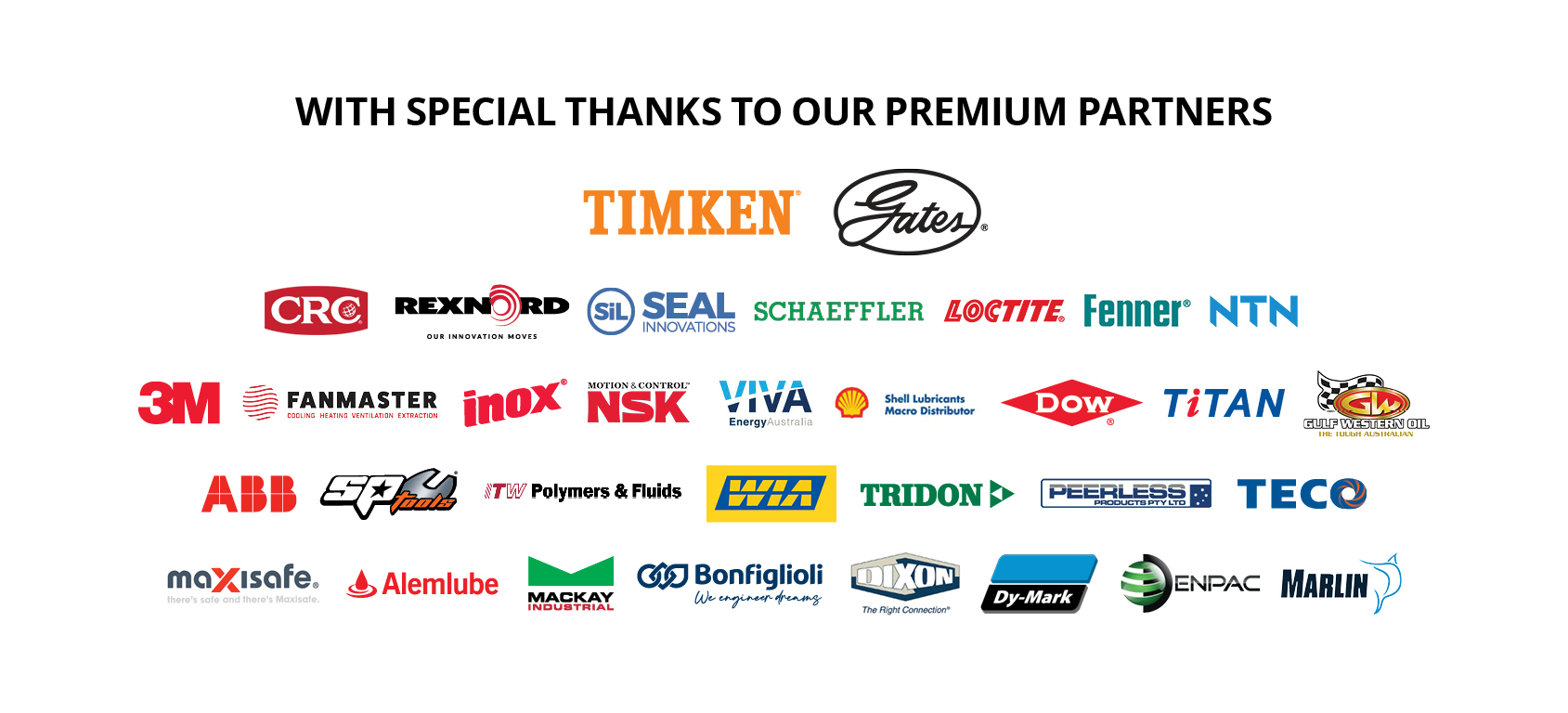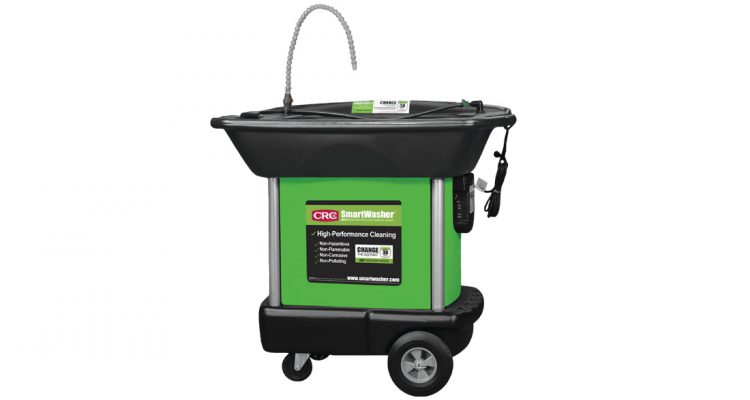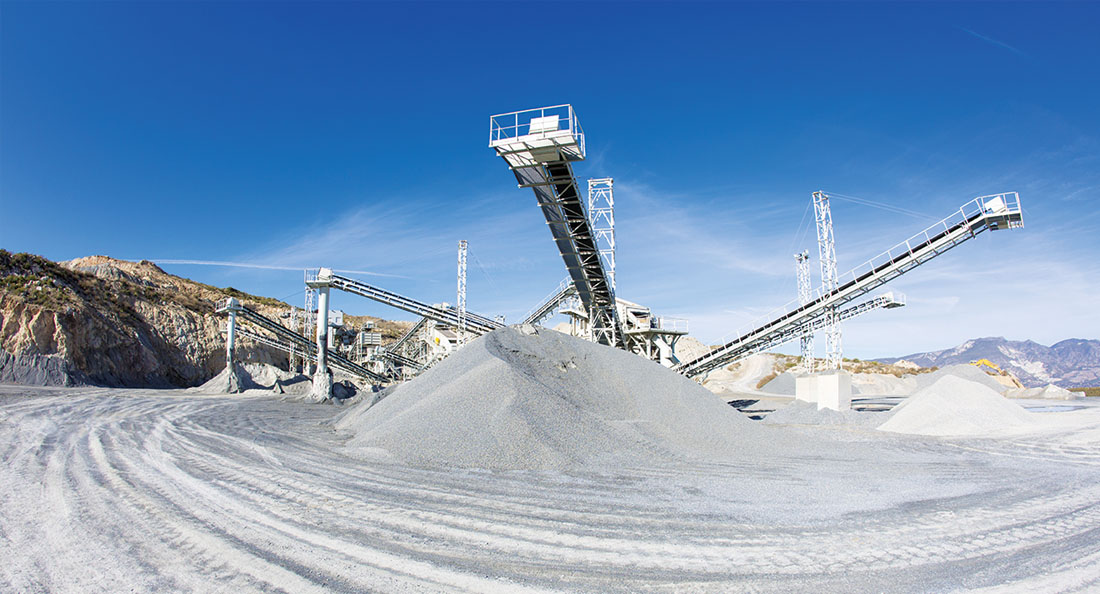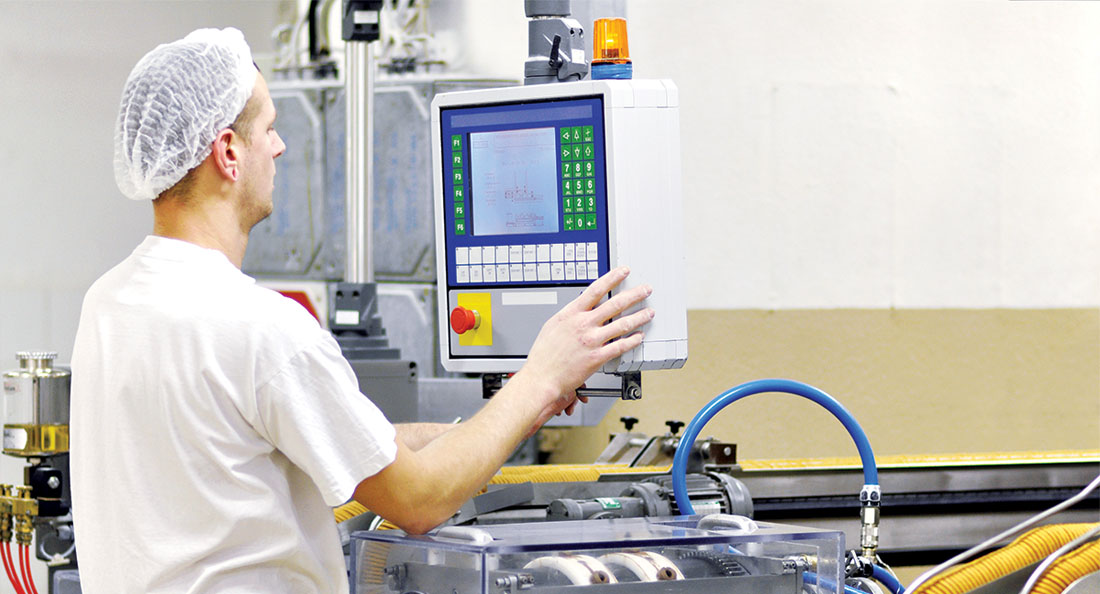Building material manufacturers, like the players in other major industries, are under constant pressure to raise the bar on their waste reduction targets to meet their company’s sustainability goals. Even when the businesses do not have ambitious sustainability targets in place, safety standards require them to regulate the use of chemicals in their operations to minimise their environmental footprint.
Having realised the importance of responsible waste management, CRC Industries, a global company specialising in industrial cleaning and protection solutions, introduced the CRC SmartWasher bioremediating parts cleaner – working with BSC as their distribution partner to launch the product in Australia since 2016.
Steve Colson, the CRC Global Program Director – Parts Washers, says companies can reduce waste produced from their parts washing practices by more than 90% when they switch from solvent-based cleaners to SmartWasher.
“Companies that use solvent-based parts washers may be producing as much as 300-400 kilograms of waste per year. By comparison, a SmartWasher only produces 10-30 kilograms of waste per year,” he says.
The ‘how’ can be explained using basic bio-technology.
“The CRC SmartWasher works on the principal of bioremediation, using microbes to break down and ‘eat’ the oil, grease and other contaminants. Simply put, the bioremediating fluid cleans the parts and the microbes clean the fluid,” Colson says.
“The beauty of this system,” he says, “is that the cleaning fluid – known as OzzyJuice – does not ever need to be replaced. The fluid only needs to be topped up every 8 to 12 weeks to account for evaporation and splash losses. Replacing the filters known as OzzyMats every month ensures that large debris cannot enter the tank. The filters also introduce a new colony of microbes to keep the cleaning process efficient.”
Steve Keown, National Product Manager for Lubricants at BSC concurs.
“We’ve found that businesses are very open to reducing their environmental footprint. Providing parts-washing systems that are more environmentally conscious and more suitable for workplace safety aligns well with our customers.
“One reason that the CRC SmartWasher appeals to a lot of businesses is because the de-greasing fluid used is vapour-free, non-caustic, non-toxic and non-flammable. This makes it a very smart choice for businesses to use, particularly where sparks from other equipment increase the fire hazard. Combine this with the environmental benefit of reducing their waste and waste disposal costs, the decision to convert is an easy one for most.”
Within the building material manufacturing industry, Colson says SmartWashers are popular with any plant or workshop that needs to maintain their equipment in top shape.
“Steel manufacturers, plywood and fibre board plants, manufacturers of balustrades and steel railings, even builders frequently using pneumatic nail guns, all can take benefit of the environmentally-friendly parts washer,” Colson says.
“There’s a particular interest for SmartWasher in the plywood and timber industry, where the resin that oozes out of woods makes parts cleaning a challenge. We had a customer in Queensland that was using their own concoction of chemicals to get rid of the wood resin. But these chemicals were quite dangerous. We introduced them to SmartWasher and after testing it just once, they ordered it immediately.”
CRC offers four different types of SmartWasher, with the portable SW-23 and SW-37 models being the most popular. The OzzyJuice is also available with two formulations. The SW-4 fluid is the most popular, while the SW-6.8 is a speciality fluid for added parts protection – for example to protect certain metals from discoloration.
CRC has also been offering a trial program, wherein the plants can keep and use a CRC SmartWasher anywhere between one to four weeks before deciding if they want to purchase it.
Colson says CRC and BSC share a strong partnership that helps CRC align its future product developments with the market requirements.
“Through our partnership with BSC and their extensive network in Australia, we are able to engage closely with customers. When we go on joint visits with the BSC team to any plant or workshop, we often survey the plant and offer complete solutions that can help the businesses meet their safety obligations,” he says.
“Our synergy remains strong as CRC and BSC are both customer-centric brands and we endeavour to improve our product offerings through a better understanding of the market’s needs with the help of BSC,” he concludes.




